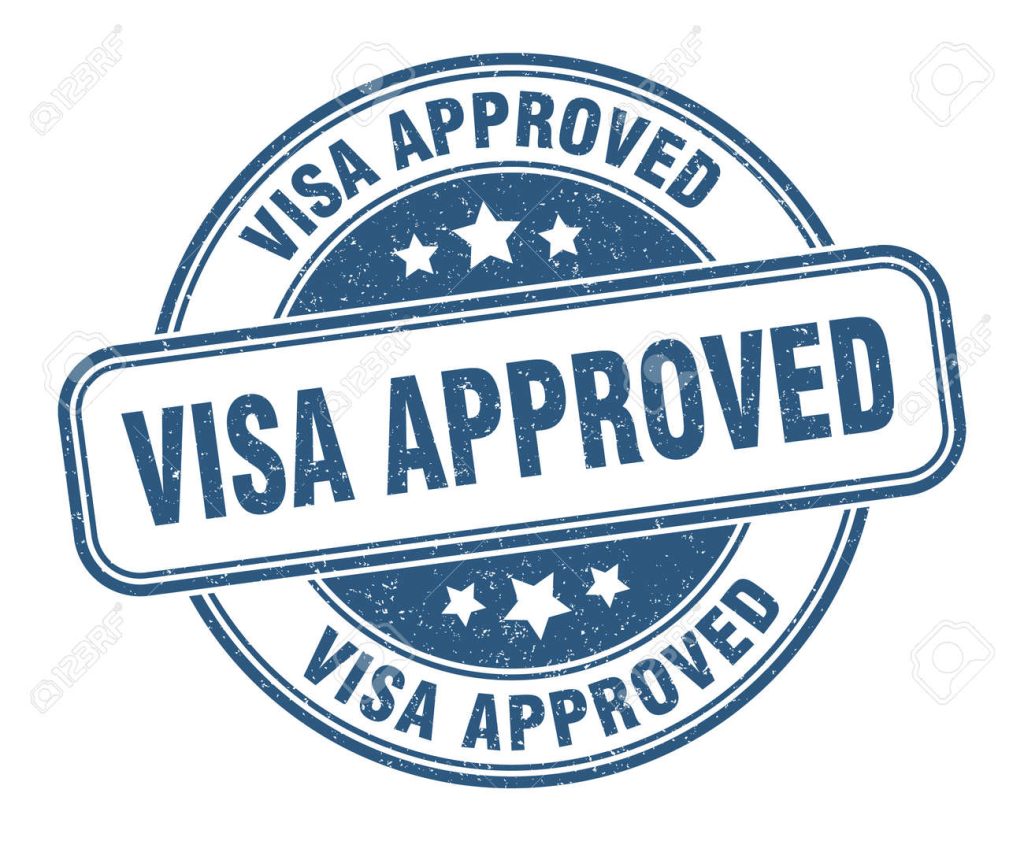Canada has seen a sharp rise in immigration refusal rates since 2023 across almost all categories of both permanent and temporary residents. The trend is most pronounced in temporary resident programs, where stricter eligibility rules, new language benchmarks, and policy reforms have made approvals more difficult. At the same time, officers are under pressure to process large numbers of applications quickly, which critics warn can lead to hasty refusals as Ottawa works to reduce backlogs.

Rising Refusal Rates: The Numbers Behind the Trend
Despite these challenges, a refusal is not the end of your Canadian immigration journey. Many applicants who are initially refused succeed later—by requesting a review, re-submitting a stronger application, or in certain cases, appealing to the appropriate tribunal or court. With the right guidance, a setback can be turned into success.
- Permanent Residence Refusals (Jan–May 2025):
- Economic Class: 6.7% (up from 5% in 2023)
- Family Class: 12.6% (up from 7.2% in 2023)
- Humanitarian & Compassionate: 40.4% (up from 29.5% in 2023)
- Refugees with Protected Status: 16.5% (up from 12.9% in 2023)
- Economic Class: 6.7% (up from 5% in 2023)
- Temporary Programs:
- Study Permits: 65.4% (up from 40.5%)
- Visitor Visas: 50% (up from 39%)
- Post-Graduation Work Permits: 24.6% (up from 12.8%)
- Spousal Work Permits: 52.3% (up from 25.2%)
- Work Permit Extensions: 10.8% (up from 6.5%)
- Study Permits: 65.4% (up from 40.5%)
Meanwhile, the backlog continues to grow. As of August 21, 2025, there were 2.23 million applications in the system, with 901,700 waiting longer than IRCC’s own service standards.
Why Applications Get Refused
Each application is unique, but some of the most common reasons for refusal include:
- Medical reasons – conditions likely to create excessive demand on Canada’s health care system.
- Inadmissibility on security grounds – criminal history, security risks, or false disclosures.
- Misrepresentation – providing false or misleading information (even unintentionally).
- Missed deadlines – late submission of requested documents or responses.
- Insufficient proof of finances – not showing enough funds to support yourself.
- Unclear purpose of travel – officers not convinced the applicant will respect visa terms.
- Weak ties to the home country – failure to prove that the applicant will return after a temporary stay.
- Language test results below requirements – failing to meet minimum CLB benchmarks in English or French.
Options if Your Application Is Refused
Being refused does not mean you have no options. Depending on your case, you may:
- Request Reconsideration – if you believe the officer made a clear error.
- Reapply with a stronger application – correcting mistakes, adding documents, or updating language test results.
- Judicial Review at the Federal Court – for certain temporary and permanent applications where refusal may be unreasonable.
- Appeal to the Immigration Appeal Division (IAD) – available for sponsorship refusals when a Canadian citizen or permanent resident sponsors a family member.
This is where Maple Land Immigration Services can provide essential support. Our team carefully analyzes refusal reasons, develops a tailored strategy, and prepares comprehensive submissions to maximize the chances of success on reapplication or appeal.
A Step Toward Transparency
On July 29, 2025, IRCC introduced a new measure to improve transparency. Applicants now receive the officer’s decision notes automatically alongside refusal letters for certain application types, including temporary resident visas, visitor records, study permits, and work permits. This provides applicants with clearer insight into the reasoning behind a refusal and helps them prepare stronger re-applications or appeals.
Why Professional Guidance Matters
Working with a licensed immigration consultant can be critical after a refusal. Maple Land Immigration Services has extensive experience helping clients overcome refusals by:
- Identifying weaknesses in the original application
- Developing a clear and personalized strategy
- Preparing strong legal submissions addressing officer concerns
- Ensuring deadlines and requirements are met accurately
While no representative can guarantee approval, having professional guidance significantly improves your chances of success.
Moving Forward
A refusal is not the end of your Canadian dream—it is an opportunity to restart with better preparation and stronger evidence. Whether through reconsideration, re-application, or an appeal, many applicants ultimately succeed once they approach the process strategically.
With Maple Land Immigration Services by your side, you gain a trusted partner who can turn a refusal into a future approval. With the right documents, a clear plan, and professional support, you can still achieve your Canadian immigration goals.

